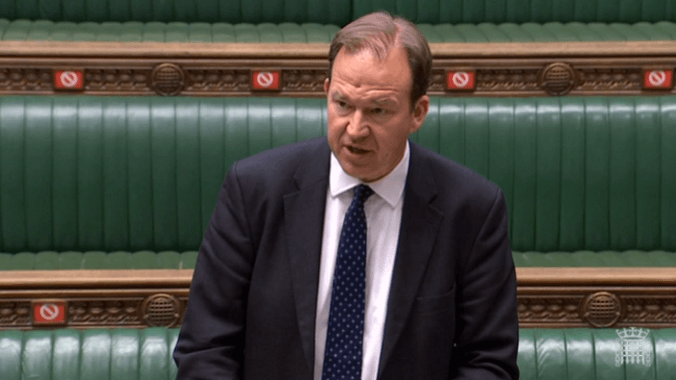The Off-Payroll Tax is set to be extended to the private sector in 2021 after a tabled amendment to the 2019-21 Finance Bill proposing a further two-year delay to the legislation’s implementation failed to gain the support of the Labour Party.
Tabled last week by Conservative MP David Davis, the amendment proposed that the controversial legislation’s private sector rollout be postponed until the tax year 2023-24. MPs were due to vote on the amendment this afternoon. However, Labour declined to vote, wrecking any chances of Davis’ amendment securing a House majority, therefore rendering any vote redundant.
“This afternoon’s outcome signals an entrenched and tin-eared approach by a Government that is failing to listen to the people, failing to heed the damning findings expressed by the Lords in its recent report, and failing to listen to the legitimate concerns of the senior members of its own Party,” comments ContractorCalculator CEO Dave Chaplin.
“For Government to bulldoze ahead with this damaging legislation at a time of national crisis is beggar’s belief. Government should be supporting businesses right now, not hampering them and, in turn, inflicting harm on the entire UK economy.”
Off-Payroll concerns fall on deaf ears in Commons
The announcement marked the end of a lively debate in the House of Commons, where MPs raised a number of grievances with the legislation in its current format. Multiple MPs stressed the risk that the Off-Payroll Tax threatens to force many vulnerable workers into ‘zero-rights employment’, with many highlighting the hardship already imposed upon these individuals by the coronavirus pandemic.
A number of MPs observed that a comprehensive independent review of Off-Payroll is required before any further action is taken, with Sir Ed Davey MP commenting: “A review must take place a head of any legislation if it’s to be done in good faith, and I’m afraid the way Government has acted is a breach of faith to the 5m self-employed in our country.”
Meanwhile, others expressed doubts about Government’s forecasted tax yield from the measures. Meg Hillier MP cited real-life examples from within her constituency of offshoring of work and blanket assessments resulting from the Off-Payroll Tax.
However, neither this debate nor the recent damning Lords report were enough to sway Financial Secretary to the Treasury Jesse Norman, who insisted: “It’s hard to see any genuine rationale for any further delay.”
Fight not yet over for Off-Payroll campaigners
Labour’s inaction means the Bill will now proceed to the Committee stage without the tabled amendment. However, with the opportunity for further amendments to be tabled during the Committee and Report stages, Chaplin, who is also director of the Stop the Off-Payroll Tax campaign, adds that the fight against the Off-Payroll Tax is not yet over:
“Pressure has built as we head to the Committee and Report stages of the Finance Bill. We will continue to campaign on behalf of the UK’s contractors and freelancers to prevent the legislation entering statute in its current form. We do now, however, need thousands of contractors to engage with their MPs to turn this around.”

